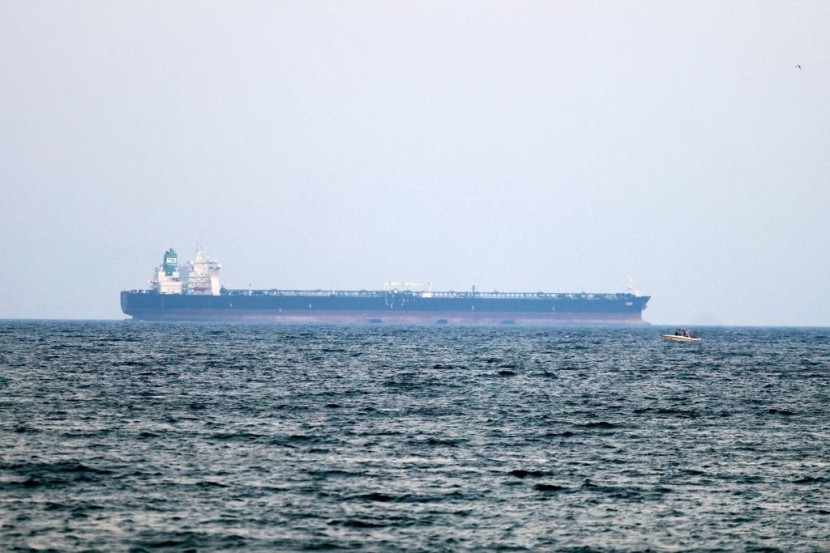The Indonesian Coast Guard announced on Tuesday that it had seized a supertanker sailing under the flag of Iran that was allegedly involved in the illicit transshipment of crude oil. It also vowed to step up maritime surveillance.
When the MT Arman 114 was apprehended last week, the Indonesian authorities reported that it was carrying 272,569 metric tons of light crude oil worth 4.6 trillion rupiah ($304 million), as reported by Reuters.
According to the maritime security service of the Southeast Asian country, the Very Large Crude Carrier (VLCC) was suspected on Friday of transferring oil to another vessel without a license.
What Happened
The agency's head, Aan Kurnia, the ship was apprehended after it was detected in Indonesia's North Natuna Sea engaging in a ship-to-ship oil transfer with the Cameroon-flagged MT S Tinos.

It was impossible to immediately contact the vessel's owners for comment. The agency reported that officials also seized Arman's Egyptian captain, 28 members of the crew, and 3 passengers who were members of a security officer's family.
Police narrowed in on Arman when the two supertankers made an attempt to flee, helped by Malaysian police as the ship entered their seas, according to Aan.
He continued that the Tinos was meant to be retired in 2018. According to the maritime database Equasis, it was constructed in 1999, although the Arman was constructed in 1997.
Illegal Oil Shipment
The illegal shipment of oil on the seas is a serious problem that has a number of negative consequences. It can lead to environmental damage, economic losses, and even political instability.
One of the main reasons illegal oil shipments occur is to evade taxes and regulations. Oil is a valuable commodity, and by shipping it illegally, criminals can avoid paying taxes and other fees. This can be a significant financial incentive, especially for countries that are under sanctions or that have weak enforcement regimes.
Another reason for illegal oil shipments is to circumvent embargoes. For example, Iran has been under an oil embargo since 2012. However, there are still ways for Iran to export oil, even though it is illegal to do so. This can be done by shipping the oil through intermediaries or by using disguised vessels.
Illegal oil shipments can also have a number of environmental consequences. If oil spills occur during illegal shipments, they can pollute the oceans and coastlines. This can have a devastating impact on marine life and coastal communities. In addition, the burning of illegal oil can release harmful pollutants into the atmosphere, contributing to climate change.
The illegal shipment of oil can also have a negative impact on the global economy. When oil is shipped illegally, it can drive down prices and undercut legitimate businesses. This can lead to job losses and economic instability.
In recent years, there have been a number of efforts to crack down on illegal oil shipments. However, the problem remains widespread. This is because it is a complex issue with no easy solutions. There are a number of challenges that need to be addressed, including improving monitoring and enforcement, strengthening international cooperation, and addressing the root causes of the problem.
© 2025 HNGN, All rights reserved. Do not reproduce without permission.








